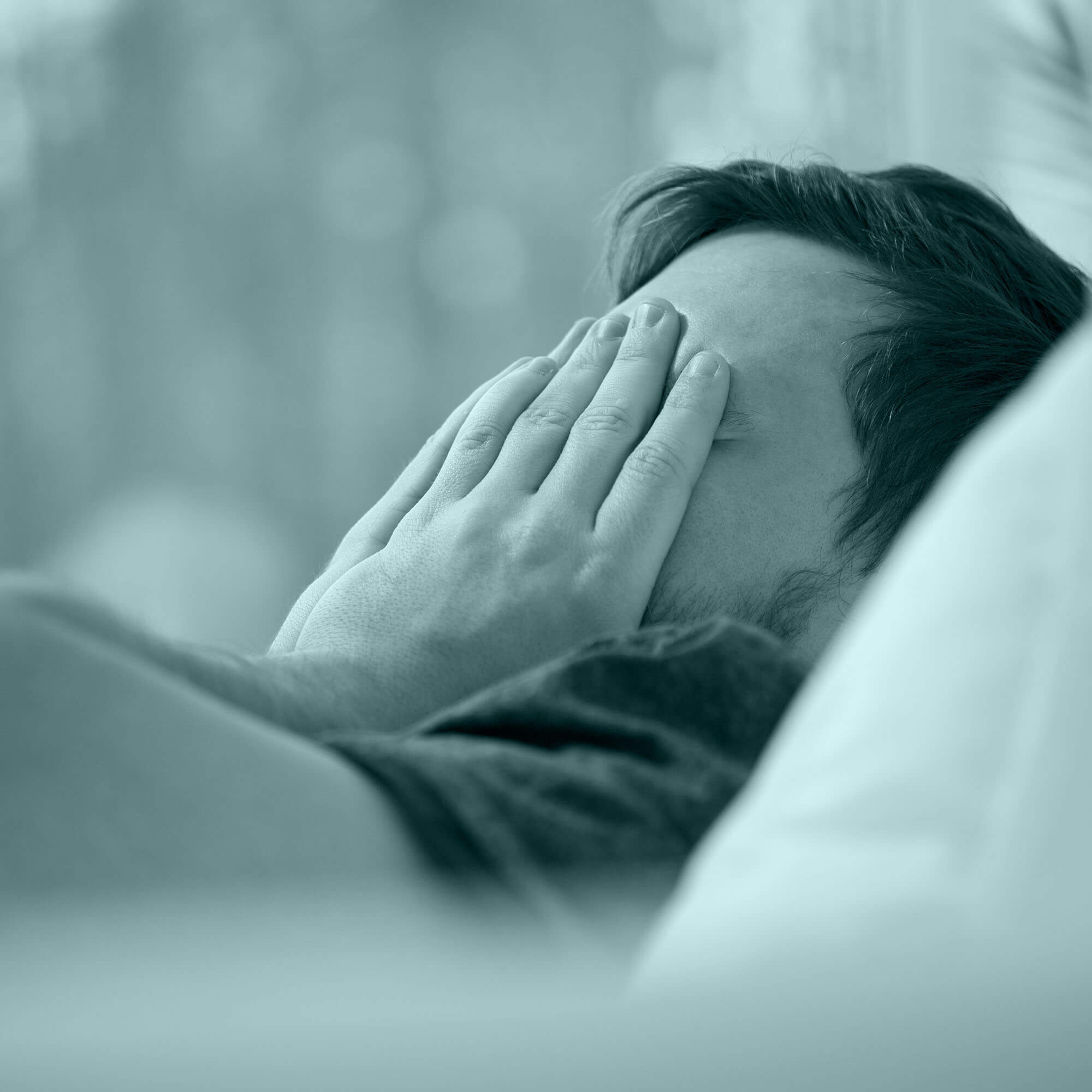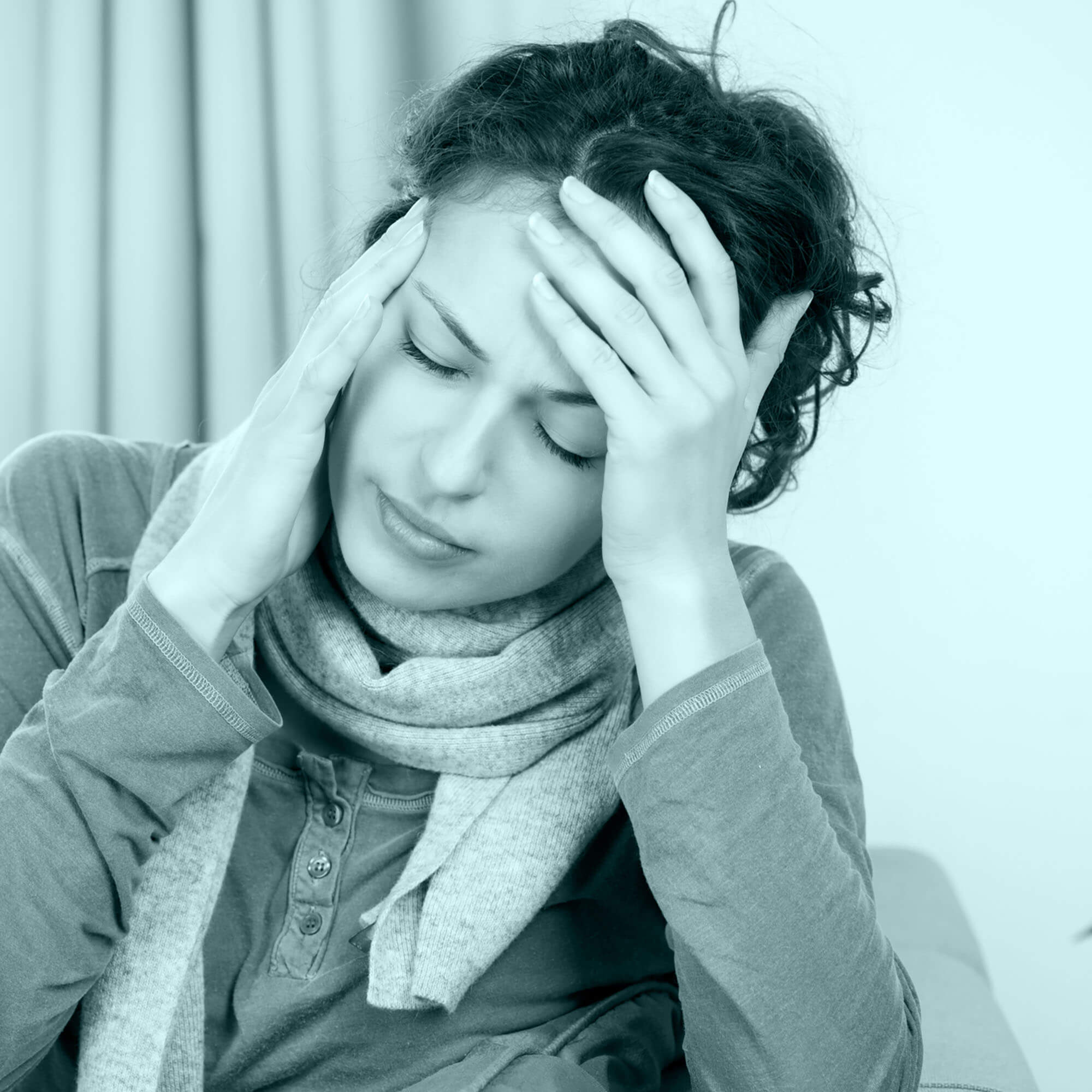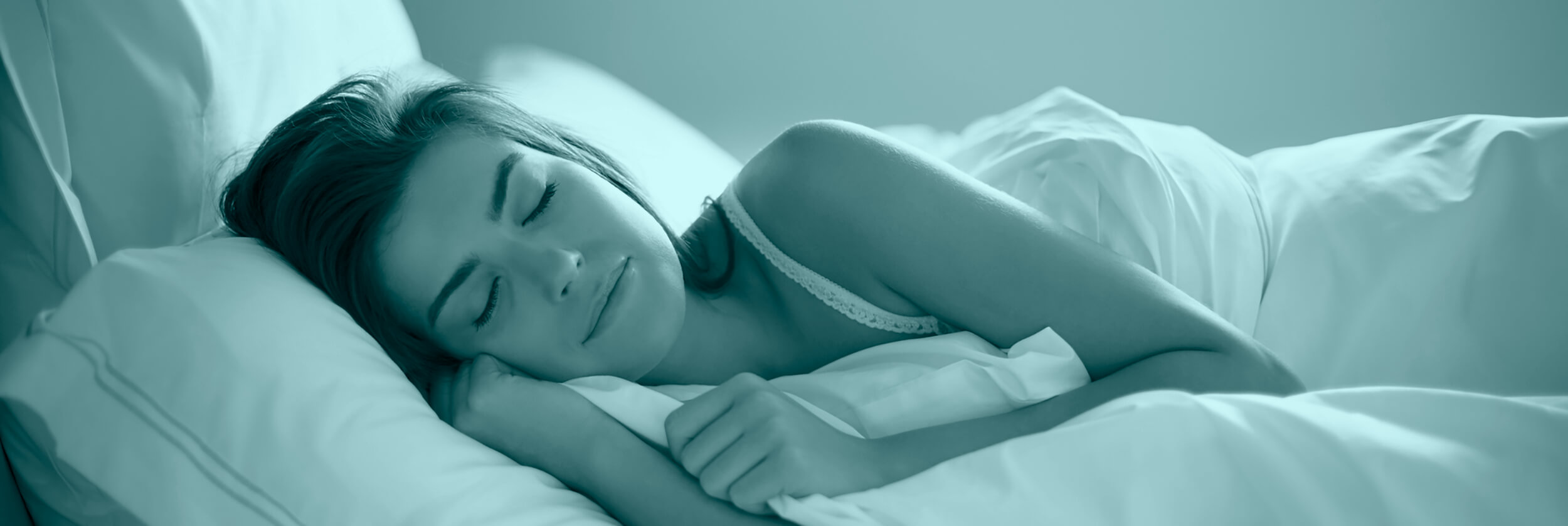What is Sleep Apnoea?
Sleep apnoea is a sleep disorder where you experience an absence or cessation of breathing for 10 seconds or longer while sleeping. This can happen multiple times during your sleep without your awareness. This condition can be broken down into three different types:
- Central Apnoea- due to changes in the control centre of the brain
- Obstructive Sleep Apnoea (OSA)- characterised by repetitive episodes of partial or complete obstruction of the breathing airways.
- Mixed Apnoea- a combination of Central Apnoea and OSA.

What causes snoring?
Affecting approximately 40% of the adult population, and more prevalent in men than women, snoring is caused by vibrations of the soft palate, uvula and base of your tongue when you inhale. This could either be due to blockages, having a narrow airway or low muscle tone. While seemingly harmless, snoring can sometimes be a symptom of more serious health issues, which is why it’s important to always have this assessed by a professional, no matter your age.
What are the symptoms of Sleep Apnoea?
- Snoring
- Tiredness on waking
- Sore/dry throat on waking
- Morning headaches
- Excessive daytime sleepiness
- Choking or gasping during sleep
- Poor concentration
- Decreased job performance
- Memory deterioration
- Decreased sex drive or impotence
- Mood swings
- Slow reaction times
Do these symptoms feel familiar? We recommend getting a professional diagnosis if so!
What is Obstructive Sleep Apnoea (OSA)?
When you have Obstructive Sleep Apnoea, the muscles that normally keep the airways open tend to relax and sag. This means that your throat is partially or fully blocked while you are asleep, causing you to stop breathing for about 10-90 seconds. What happens next is that you try to overcome the obstruction by breathing harder using your chest wall muscles and diaphragm. However, the harder you breathe, the more the airway walls collapse.
You are often unaware of this happening, but it can leave you feeling exhausted in the morning. If you have severe OSA, you may experience longer pauses in breathing and frequent interruptions to your sleep.
How is Sleep Apnoea Diagnosed?
If you suspect you have OSA, a visit to the dentist is highly recommended. They will refer you to a sleep study, which is the best way to diagnose sleep apnoea. These are medical tests that help diagnose the cause of your sleep disorder and its severity to help treat the condition. These sleep studies can be done at home or in a sleep clinic.

Obstructive Sleep Apnoea Risk Factors
Some factors that increase the risk of obstructive sleep apnea include:
- Obesity
Excess weight, especially around the neck, can increase the amount of soft tissue in the throat, which may lead to airway obstruction during sleep. - Age
OSA becomes more common as people age, particularly after the age of 40.
- Gender
Men are more likely to develop OSA than women. However, the risk for women increases if they are overweight, have a large neck circumference, or have gone through menopause.
- Family History
If you have family members with OSA, you may be at a higher risk due to genetic factors that affect airway structure and function.
- Smoking
Smoking can increase inflammation and fluid retention in the upper airway, contributing to airway narrowing and increasing the risk of OSA.
- Alcohol and Sedative
The use of these substances relax the muscles of the upper airway, making it more likely for the airway to collapse during sleep.
- Medical Conditions and Medications
Certain medical conditions like low thyroid production and certain medications you take can also cause this sleep disorder.
Health Problems Caused by Sleep Apnoea
It’s important to seek medical help for sleep apnoea because this, if left untreated, correlates with many health complications, including:
- High Blood Pressure
- Heart Disease
- Weight Gain
- Anxiety and Depression
- Diabetes
How Can We Help With Sleep Apnoea?
Our dentists can spot the warning signs of sleep apnoea and make a referral for you to get a medical assessment. There are different treatment plans available, including the use of a customised dental appliance called the Mandibular Advancement Splint.
This is a small device, much similar to a retainer or mouthguard, which individuals can wear during sleep. It works by gently bringing the lower jaw forward and preventing the soft tissue from collapsing and obstructing airflow. This is a non-invasive and pain-free approach that many people suffering from mild to moderate cases of OSA can consider.
Your dentist may also recommend a tongue retaining or stabilising device. It works by stabilising your tongue in a forward position to prevent it from sliding back down the throat and collapsing the airway.
You can also make some lifestyle changes at home to prevent sleep apnoea while using the sleep apnoea appliances mentioned above. These include:
- Exercising regularly
- Quitting smoking
- Sleeping on the side instead of your back
- Avoid or reduce alcohol consumption
- Losing weight (if you are overweight)
- Eating a nutritious and balanced diet
Cost of Sleep Apnoea Treatment in Melton
The type of sleep apnoea appliance and the severity of your condition are determining factors of the cost of treatment. Our dentists will be able to give you an accurate breakdown of the cost when you come in for a consultation. You can also explore our payment plans when you come in for your consultation. Our friendly team will be happy to talk you through the options available.

Sleep Apnoea Treatment in Melton
Want to improve the quality of your sleep and your overall well being? At Melton Dental Group, we provide personalised sleep apnoea treatments for our patients because we understand the importance of a good night’s sleep to feel refreshed and ready to tackle the day.
Our dentists are highly trained and experienced in providing sleep apnoea treatments. So, if you need help curbing your snoring or sleep apnoea, our experienced dentists can spot the warning signs!
We provide a comprehensive range of safe and effective dental solutions for our patients. Call Melton Dental Group for early intervention and the best dental care.





